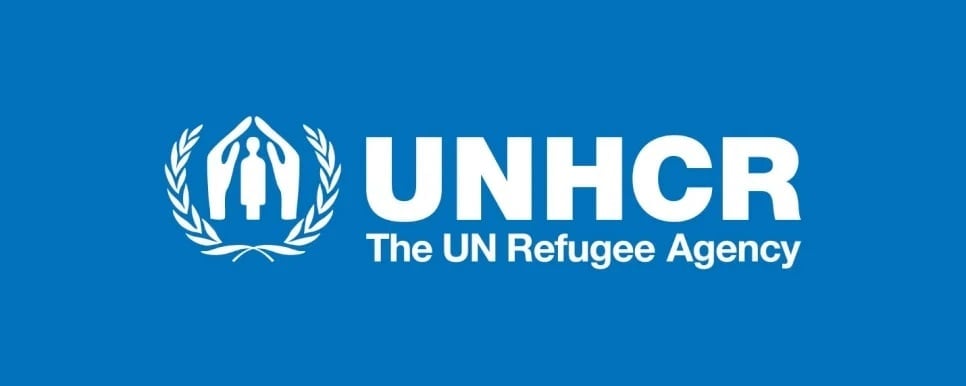Gangs drive Hondurans from their homes and land

Gangs drive Hondurans from their homes and land
In the hills above the Honduran capital Tegucigalpa, Cecilia* points towards a vacant house, teetering on an eroding slope. Like so many in the neighbourhood, it was not so much abandoned as emptied at gun point.
“One day the gang’s hitman showed up at the house and asked the son sitting on the stoop for a glass of water,” says Cecilia, a community leader. “When he came back out with the water, they shot him dead.”
That was retribution for the boy’s mother allegedly talking to military police. The gang later sent the mother a message, says Cecilia: if she wanted to live, she must leave by the morning and never come back.
This is the fate of thousands of Hondurans who do not follow the orders of the gang that controls their neighbourhood. For years, the street gangs MS-13 and Barrio 18 have battled street by street for control of cities and towns in Honduras.
Forcing people to leave their homes or their land is how the gangs root out opponents and establish dominance. Abandoned houses also serve as warning signs to potential snitches, as buffer zones in disputed territories and as points of strategic control.
In some cases, families will be forced from homes so gangs can establish a base for running drugs or controlling neighbourhood traffic. The gangs are known to use abandoned homes as so-called casas locas, or crazy houses, where they detain, torture, rape and kill kidnap victims.
Three families in Cecilia’s community have recently abandoned their homes. In the next neighbourhood up the hill, she has heard of three of four more. Down the hill she has heard of others.
The abandonment of land and homes in Honduras, and its impact on communities, is the subject of a new report by UNHCR, the UN Refugee Agency.
“Displacement from homes is particularly affecting communities that have been traditionally marginalized.”
“It’s important to recognize that displacement from homes is particularly affecting informal communities in Honduras, communities that have been traditionally marginalized and excluded,” says Andres Celis, the UNHCR representative in Honduras.
In an effort to prevent forced displacement and mitigate the impact of violence UNHCR is working on the ground in Honduras to strengthen community networks and infrastructure. Among its efforts, it has helped to draft protection measures to be included in a bill on forced displacement.
Along with Caritas, UNHCR has also begun a process to identify abandoned houses in Tegucigalpa and will extend it throughout 56 parishes in the country. The information collected will then be shared with governmental entities to guarantee its inclusion in a registration system for any restitution processes in the future.

Cecilia’s neighbourhood is located on treacherous dirt roads that lead up the slopes outside Tegucigalpa. It is one of hundreds of informal communities, many of which sprung up after the devastation of Hurricane Mitch in 1998, which displaced more than 1 million people. However, the neighbourhoods were never zoned or formally established, meaning they often lack basic services, even roads.
People in these informal neighbourhoods do not have deeds or titles to their property. Instead, they receive a certificate from elected community leaders, known as patronatas, that confirm their ownership. They can facilitate the sale of property, although their options otherwise limited.
“They usually can’t do anything because they are terrified of getting in between anyone else and the gangs,” says Cecilia.
The legal ambiguity around property in these communities makes it even more difficult for victims of displacement to get anything for their property. Cecilia has only heard of one displaced family that successfully sold their home. However, in their desperation to sell, the family sold their house for 50,000 lempiras, roughly US$2,000, about a quarter of its real value.
“One of the biggest questions we must ask is what happens when people are able to return?”
“I think many of the people who leave have the hope of coming home,” says Cecilia. “But so far I haven’t seen anyone able to come back and claim their land.”
Displacement in these informal communities reinforces a cycle of poverty and disenfranchisement. Inadequate police do not protect these communities from gangs. The gangs displace anyone who does not obey them, and families are left penniless, without the small amount of wealth they have been able to build.
“It’s totally disempowering, to be ripped from your life like that,” says Cecilia.
Even once Honduras is able to bring peace to its gang conflict, displacement will weigh heavy on Hondurans.
For that reason, a registration system for land and housing abandoned because of forced displacement is key for restitution and lasting solutions.
“One of the biggest questions we must ask is what happens when people are able to return?” says Cecilia. “There is no plan in place for allowing people to come back to their home or land.”
*Some names have been changed for protection purposes.









